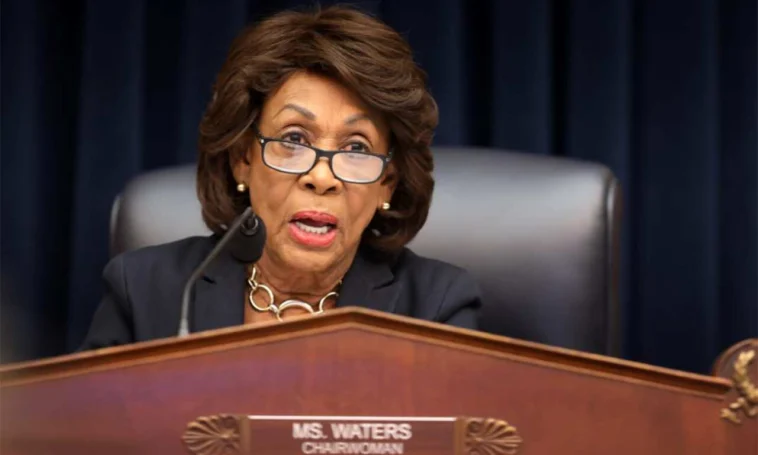U.S. Rep. Maxine Waters says MAGA Republicans continue to attack marginalized communities.House Democrats’ recent discussion titled “Countering Diversity, Equity and Inclusion (DEI) Attacks by MAGA Republicans” highlights a concerted effort to safeguard marginalized communities from discriminatory practices. Led by U.S. Representatives Maxine Waters, Joyce Beatty, Nikema Williams, Sylvia Garcia, and Emanuel Cleaver, along with civil rights experts like Angela Rye, Laura Murphy, Dariely Rodriguez, and Arian Simone, the roundtable underscores the significance of diversity, equity, and inclusion initiatives in contemporary discourse.
The conversation underscores a sense of urgency, with Angela Rye emphasizing, “All of the programs that are designed to ensure our ultimate success and liberation are under attack. We have to fight back.” This sentiment reflects growing concerns over recent challenges to affirmative action and DEI programs.
Waters highlighted the use of the legal system by Republicans to dismantle such initiatives, citing the Supreme Court’s 2023 reversal of affirmative action in college admissions. Affirmative action, as Waters notes, aimed to address the racial wealth gap and provide access to historically excluded spaces.
Moreover, the discussion sheds light on the broader impact of DEI initiatives, extending beyond academia to corporate environments. Waters emphasized the need for DEI programs at Fortune 500 companies, recognizing their role in providing underserved communities with a more equitable platform for professional and economic advancement. This recognition underscores the multifaceted nature of DEI efforts and their importance in fostering inclusive environments across various sectors.
Rye told the reporter, “All of the programs that are designed to ensure our ultimate success and liberation are under attack. We have to fight back.”
The dialogue also intersects with political agendas, as evidenced by the Congressional Black Caucus’s (CBC) recent disclosure of its “Day One” agenda in the event of House Minority Leader Hakeem Jeffries becoming House Speaker in 2025. CBC Chairman Steven Horsford emphasizes the ongoing threat to economic opportunities and freedoms, emphasizing the need for Democratic control of both the House and the Senate to counter such challenges effectively.
Horsford’s assertion underscores a broader strategy within the Democratic Party to address systemic inequities and protect critical initiatives aimed at advancing the interests of marginalized communities. The CBC’s proposed agenda encompasses key issues such as reproductive and voting rights, U.S. Supreme Court reform, support for Historically Black Colleges and Universities (HBCUs), and affordable housing. By articulating these priorities, Democrats signal their commitment to addressing structural inequalities and advancing policies that promote inclusivity and social justice.
The discussion also reflects broader debates surrounding the role of government in addressing systemic inequities and ensuring equal opportunities for all citizens. While Republicans have criticized affirmative action and DEI programs as divisive or unfair, Democrats argue that such initiatives are essential tools for promoting diversity and leveling the playing field in education, employment, and other spheres of society.
Moving forward, the conversation among House Democrats and civil rights experts underscores the ongoing importance of advocating for robust DEI initiatives and defending against attempts to undermine progress in this area. By amplifying voices from marginalized communities and championing inclusive policies, policymakers can work towards creating a more equitable and just society for all individuals, regardless of race, gender, or socioeconomic background.
In conclusion, the recent roundtable discussion among House Democrats and civil rights experts highlights the critical importance of protecting diversity, equity, and inclusion initiatives from attacks by political opponents. By recognizing the significance of such programs in promoting economic opportunity and social justice, policymakers can advance policies that foster inclusive environments and address systemic inequities effectively.




Join the Community and Be a Part of the Conversation
You must be logged in or registered to post a comment.